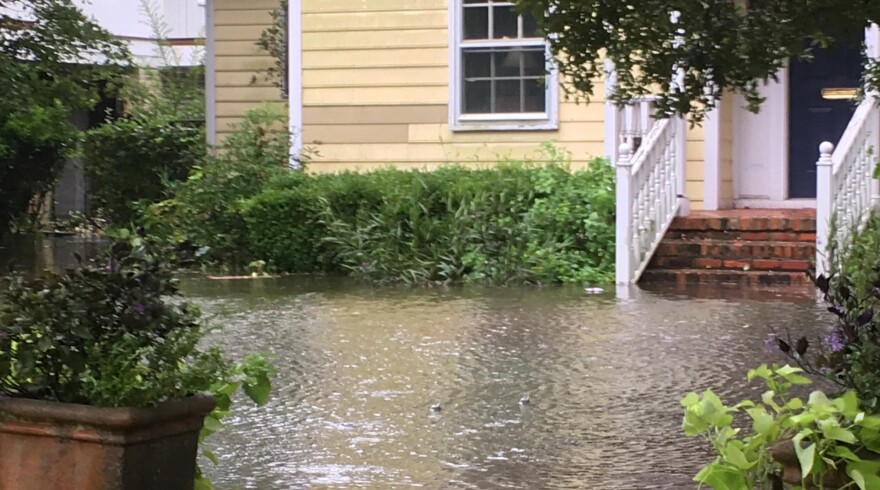The 2017 Atlantic Hurricane season comes to a close this week, officially ending November 30. It was one of the most active and costliest to hit the United States, with 17 named storms and 10 hurricanes, six of which were major with winds of 110 milers per hour or more. With such monster storms as Harvey, Irma and Maria, many are still struggling physically and mentally in the aftermath. The Medical University of South Carolina in Charleston is now researching the impact of those hurricanes on mental health as it develops a new smart phone app.
"We've done a lot of studies in the past where we have found that post traumatic stress disorder, depression and sleep problems are very common after disasters," said MUSC nursing and psychiatry professor Ken Ruggiero, PHD.
Ruggiero studies the psychological impact of natural disasters and says while most people do recover mentally, about one in 10 suffers from serious symptoms for 30 days or more. Those symptoms include nightmares, difficulty concentrating, physical reactions to reminders and being easily agitated or irritable. What's more, he says, many don't seek help, most likely out of shame. That's why he and a team of technicians have developed an app for people to monitor their mental health following natural disasters like hurricanes.
"They will use the app to simply monitor their emotional recovery process," said Ruggiero. "Self monitoring in and of itself can be beneficial to people."
He says for those whose symptoms last more than 30 days, the app offers active interventions and access to a national distress help line. "The help line is managed by the substance abuse mental health services administration and what they do is provide crisis intervention, " said Ruggerio. "They can do that by phone, but can also do that through texting and can connect you with a local provider if you need formal treatment."
Ruggerio and his team are now field testing the app with 5,000 people impacted by hurricanes Harvey and Irma. Once complete, they will work with the American Red Cross to make it available through shelters across the country. Developing such an app is no easy task. Ruggerio says it has been in the works for a year and a half. But he adds it's well worth it, if people get the help that they need.



